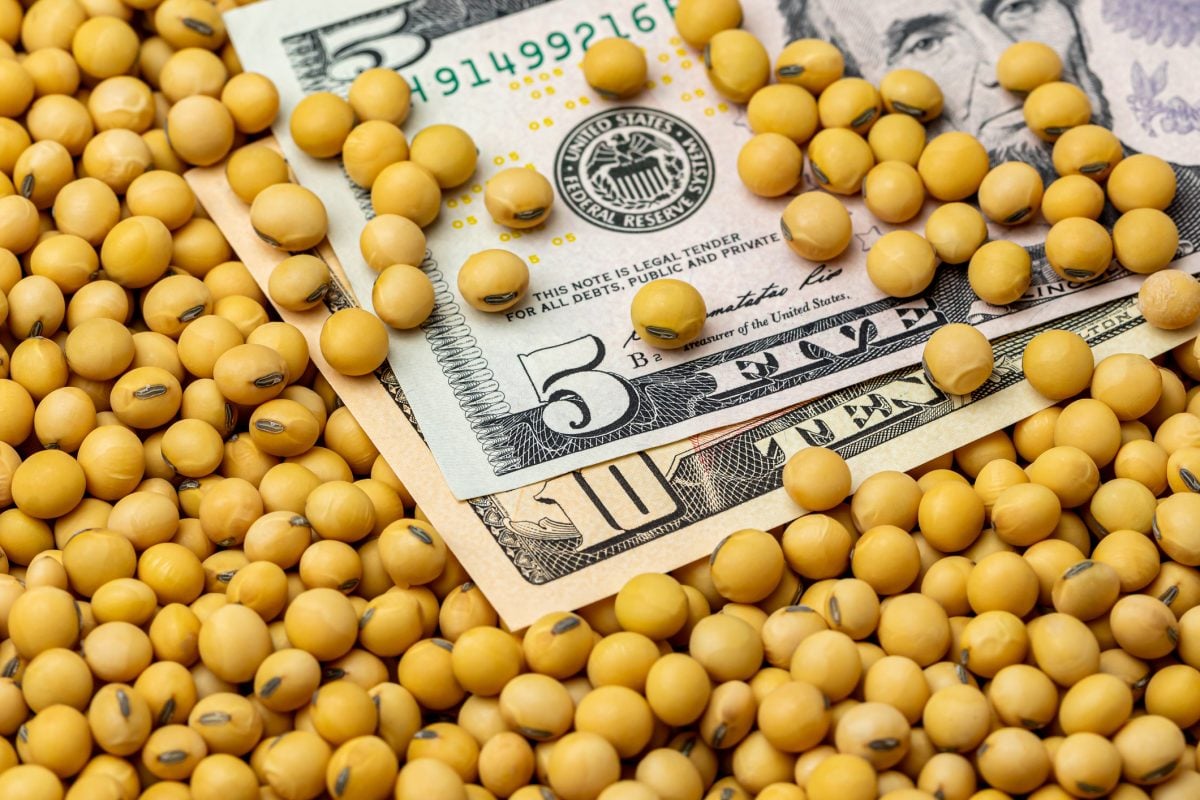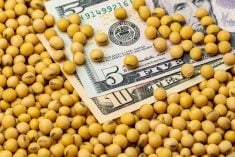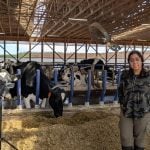Chicago | Reuters –– Chicago Mercantile Exchange lean hog futures tumbled by about three per cent on Friday, weighed down by spreading and abundant supplies that pressured cash markets, traders said.
Front-month October and most-active December hogs bore the brunt on the selling, while deferred hog contracts were only narrowly lower.
CME October hogs dropped by the most in about three weeks, finishing 1.75 cents lower at 59.175 cents/lb. (all figures US$). The declines came after the contract hit a roughly three-week high of 61.75 cents on Thursday.
Read Also

U.S. grains: Soybean futures hover near 15-month high after China buys U.S. cargoes
Chicago Board of Trade soybean futures hovered near a 15-month high on Wednesday after trade sources said China made its first purchases from the autumn U.S. harvest ahead of a summit between leaders Donald Trump and Xi Jinping.
December hogs settled 1.875 cents lower at 60.925 cents.
Futures were trading at a premium to the CME Group’s lean hog cash index, which they are settled against. The index’s last reading was 55.33 cents per pound, up 0.36 cent.
“I thought they went a little bit far and a little bit fast,” Rosenthal Collins Group broker James Burns said of gains in hogs earlier this week. “It doesn’t appear the index is rising fast enough to justify a 61 handle.”
The population of U.S. hogs is nearly record-large and that has pressured prices for months. Small gains in cash prices earlier this week contributed to futures gains before a wave of selling to close out the week.
Live cattle at two-week high
CME October live cattle climbed 0.875 cent to 111.025 cents/lb., a two-week high, while most-active December cattle also were up 0.875 cent, to 116.925 cents.
CME November feeder cattle were 0.9 cent higher at 155.75 cents/lb.
Cattle prices were buoyed by technical and investment fund buying, traders said.
U.S. Commodity Futures Trading Commission data released after the close of trading said speculative investors added to their net long positions in live cattle, feeder cattle and lean hog futures and options in the latest reporting week.
— Michael Hirtzer reports on commodity markets for Reuters from Chicago.











